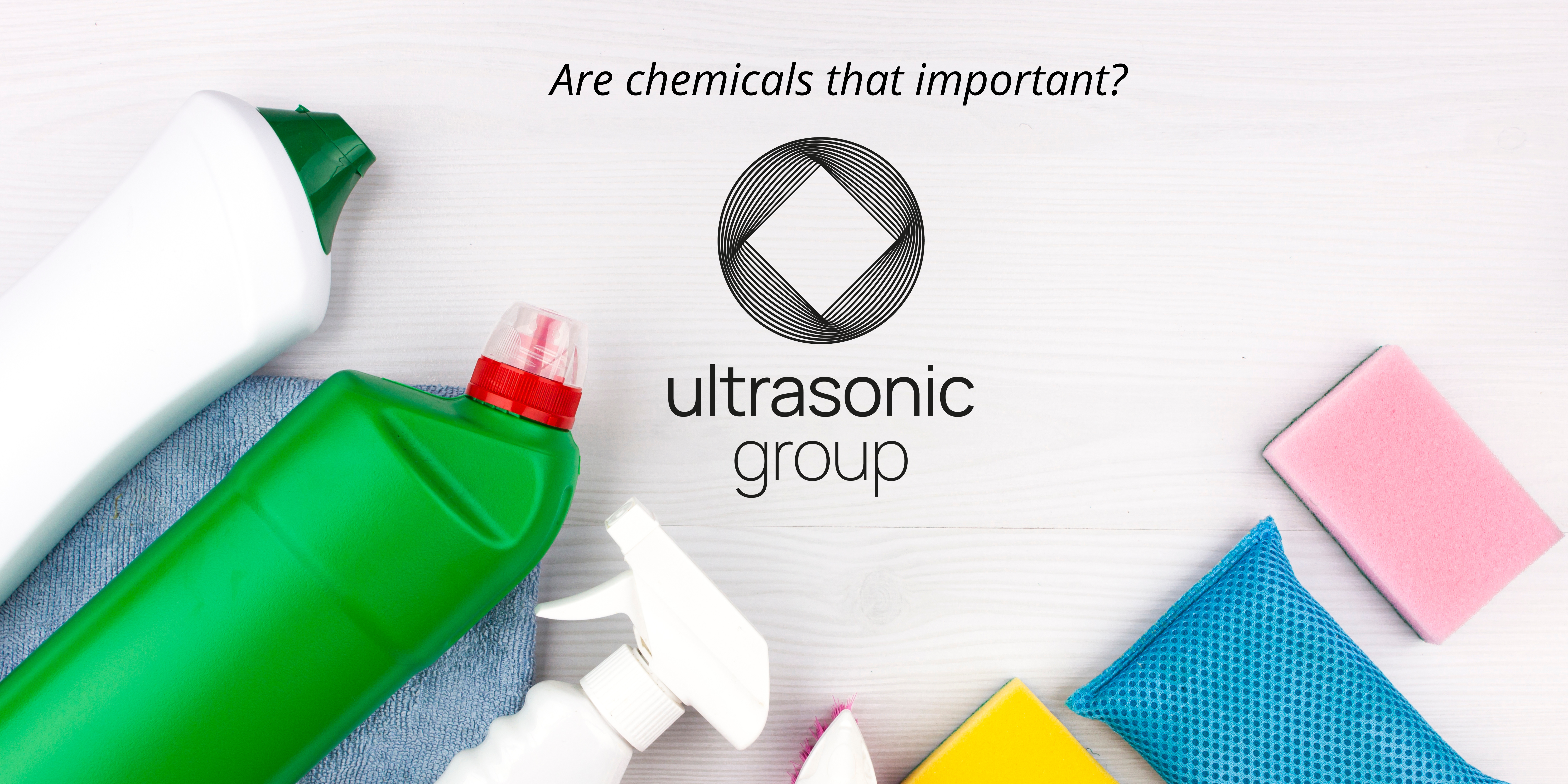It is almost impossible to imagine life without chemicals. A lot of people use chemicals or detergents to do maintenance and to get rid of problems like limescale and bacteria. However, one must sometimes ask oneself whether these chemicals are really important and what impact they have on people and the environment.

Chemicals are everywhere, in the drinking water, the food we eat, and the environment around us. For example, Chlorine is widely used to clean systems and drinking water supplies, but people never ask the question, how safe is this? For example, about 42% of global strokes are due to exposure to chemicals such as pesticides.
In addition, the use of chemicals is not at all as effective as people think, since they cannot clean down to the smallest holes and cracks. There is only 1 efficient and ecological way to do this, which are ultrasonic sounds.
Finally, organizations are unnecessarily using chemicals. One may not always be aware of it, but this unnecessary use results in some consequences. For example, unnecessary safety and environmental risks are created, excessive costs are spent and it takes too much time to train employees about them. There are a lot of standards and regulations that must be met to do chemical flushing.
One of the biggest pollutions of the water environment is industrial wastewater. This harms the ecosystem. Of course, the composition of this discharge water varies from company to company, as does its quantity. It is often the case that industrial wastewater contains a higher content of toxic substances. For this reason, the wastewater must be pre-treated before it can be discharged. Discharging industrial waste does affect a lot of things
In fact, as of 2021, the Flemish Environment Agency has launched a new tool to better gauge how the targets are being met. If the objectives could not be achieved in a company, this meant an immediate stop to the discharge.
Sources